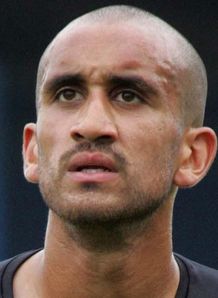Don Quixote
Well-known member
- Nov 4, 2008
- 8,362
Blacks are f***ing HARD too. Top quality at boxing
Rocky Marciano could have all the blackies.
Blacks are f***ing HARD too. Top quality at boxing
Blacks are f***ing HARD too. Top quality at boxing
how many blacks are world champions now? not that many i dont think
Alan Wells in the 1980 (?) Olympics for GB!
Rocky Marciano could have all the blackies.
japan are pretty shit aswell aren't they?
can't think of any PROPER sports that they're remotely good at

in all serious ... I believe people of african descent have a faster 'muscle twitch reflex' or something, which makes them genetically faster at contracting and detracting their muscles.
Where are the British Asians in top end football?
japan are pretty shit aswell aren't they?
can't think of any PROPER sports that they're remotely good at


japan are pretty shit aswell aren't they?
can't think of any PROPER sports that they're remotely good at

Being a token Asian at Bradford doesn't count as top level football.one of our own!!
